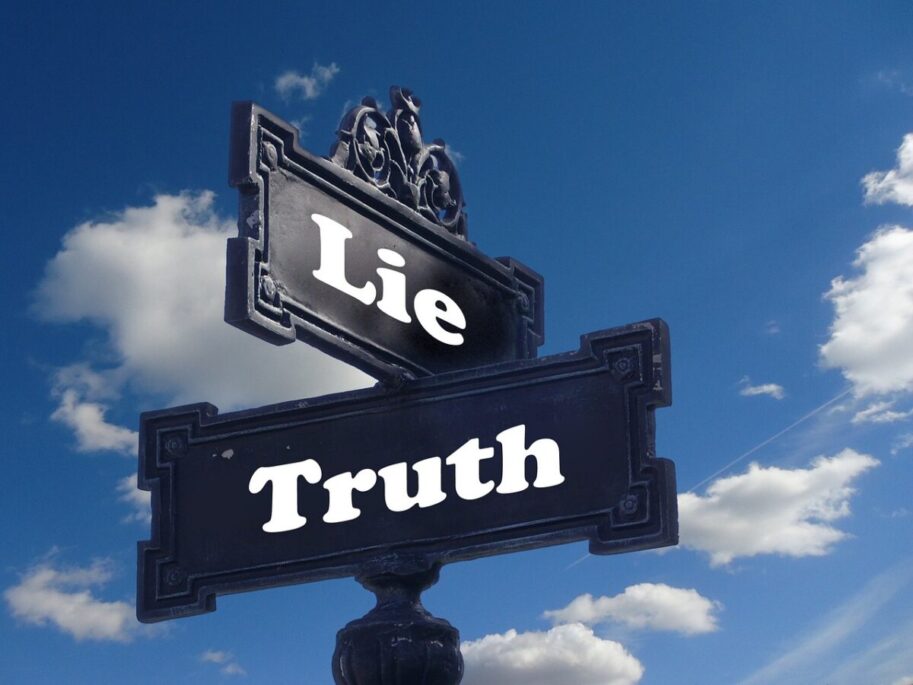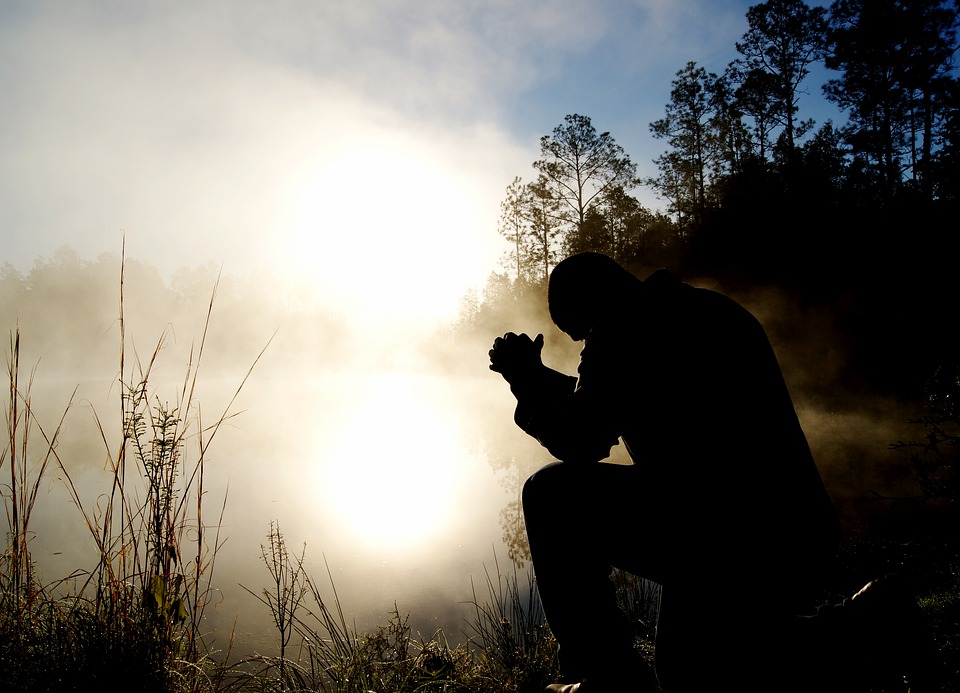The war in Ukraine showed the critical importance of religious freedom in protecting national identity and state sovereignty. In the literal sense, the war in Ukraine is a war for freedom, including, and even above all, for religious freedom. Ukraine demonstrates a consistent commitment to such a model, in which freedom is associated with the peaceful diversity of religious life, and is ready to sacrificially defend this way of life. On the contrary, the ideology of the “Russian world” promotes “Orthodox” monotony and encourages aggression against dissidents and believers.
Those who are at least a little familiar with the history of Russia are not at all surprised by the habit of Orthodox slavery and intolerance for the freedom of others. Another thing is surprising – that even against the backdrop of this terrible war, many leaders of public opinion in Europe and the United States remain in the shadow of the Kremlin and in captivity of Orthodox mythology. Not only Russian propaganda is at work here, there is also disillusionment with Western Christianity, weariness with freedom and its contradictions, as well as naivete towards the mysterious, deep and ancient Russian spirituality. All these factors lead to the fact that the Western media and scientific publications still repeat baseless claims that the Orthodox Church in Ukraine is being severely persecuted, that Ukraine is a battlefield between traditional Orthodox spirituality and secularized Western Christianity, and Russia is the last stronghold traditional values.
The myth of Russian spirituality, monopolized and protected by Russian Orthodoxy, remains the main obstacle to an adequate understanding of the situation with religious freedom in the region. Here the logic is simple, “iron”, military: if the tradition of Russian Orthodoxy is considered authentic, then it must be protected, including at the cost of suppressing all other traditions, which the leadership of the Russian Orthodox Church calls non-canonical, heretical and pro-Western.
Most Western sympathizers of Russian Orthodoxy are not ready to go that far and are trying to sit on two chairs – to combine their naive fascination with Moscow Orthodoxy with politically correct references to religious freedom and tolerance. In practice, this serves to justify the war – in this naive optics, the war looks holy, in it true Orthodoxy defends its freedom from the corrupting influence of the West, which captures more and more new canonical territories and threatens the very existence of the holy faith and holy Rus’. It is the West that captures, and Russia “liberates” its ancestral lands. Thus, the myth of authentic Russian Orthodoxy becomes a source and justification for aggression against Ukraine and its religious freedom.
Accordingly, in order to expose this war as criminal and not at all holy, we need to do intellectual and spiritual work to demythologize Russian Orthodoxy, which turns out to be fake, falsified and false Christianity.
It is possible to take another, simpler path and say this: the “holy faith”, which justifies the war against peaceful neighbors, already in this attempt to justify evil shows its false character. One can go by analyzing the theological documents of the Russian Orthodox Church and the statements of its hierarchs and show their incompatibility with the tradition of the first Church and the spirit of the Gospel, or by historical deconstruction and show the subordination of Russian Orthodoxy to the state and its political interests. One way or another, exposing the myth of Russian Orthodoxy as real Christianity serves to expose this war as a criminal one in relation to Ukraine, its religious freedom and diversity. On the other hand, the fascination with Russian Orthodoxy turns Western theologians, philosophers, and politicians into devil’s advocates, into naive accomplices of war.
Even during the war in the West, numerous books continue to be published about the miraculous revival of Orthodoxy in Russia. Isn’t it time to admit that there was no revival of Orthodoxy? But what happened? There was a revival of interest in Orthodoxy, but there was not a revival of Orthodoxy itself. There was a revival of interest in the church, but there was no revival of the church. There were mutations in Russian statehood, during which new, more ambitious tasks were set before the Orthodox Church. Now she guarded not a temple space, not a strictly defined niche of religious life. Now she had to consecrate, justify, bless the aggressive expansion of the “Russian world” – in exchange for certain privileges, and maybe even without any rewards, just for the sake of saving lives.
It is worth recalling that the Russian Orthodox Church, from the beginning of its history, was crushed by the close embrace of the state. Only one name remains of it. In fact, this is one of the departments of the KGB, whatever you call it now.
When they say that the freedom of Russian Orthodoxy is being restricted in Ukraine, they express complete incomprehension of how this form of Orthodoxy is connected with the Russian state and its criminal policies. This religious organization has no freedom from the state, no independence in decision-making, and this makes its structures as dangerous as any other power structures of the Russian state. As a sovereign state, Ukraine has every right to limit the influence of the Russian state, exercised under the guise of (pseudo)religious organizations.
So, in order to understand the situation with religious freedom in Ukraine, one must proceed from the fact that the Russian Orthodox Church is not a victim, but an accomplice in the criminal policy of the Russian state. The sacralization of Russian Orthodoxy as a victim whose freedom must be protected turns everything upside down and turns the demands of religious freedom against itself. The mythologization of Russian Orthodoxy as genuine Christianity denies all other traditions the right to exist and be free. On the part of Western authors, this may be naivete, but on the part of Russian propagandists, it may be a deliberate manipulation.
One way or another, the naivety of Western society regarding fake Orthodoxy harms the interests of religious freedom. It is possible to propose a more general thesis that fake forms of religiosity (rather than such beloved traditionalist horror stories as secularism-liberalism-socialism-postmodernism) are the main threat to religion and religious freedom, but I know that it is difficult even for free-spirited American Protestants- evangelicals to understand this.
A few years ago, I was an unwitting witness to how an Orthodox priest taught students of an American Mennonite College that true spirituality remained only in Russia and the patriarch of the Russian Orthodox Church is the true leader of world Christianity. It is noteworthy that this was during the time allotted for prayer and the study of God’s Word (Chapel time). Instead of the Bible, the speaker opened one of the books of Patriarch Kirill and enlightened students and teachers with extensive quotations from it. All my colleagues in the Department of Philosophy and Religious Studies were fascinated by what they heard. They responded to the superficial and at the same time fierce criticism of the secular West and secularized Christianity with deafening applause.
And for such a naive and weak Western Christianity, questions cannot but arise: what is wrong with it, where is the distinction between good and evil, where is the experience and wisdom of centuries, where is spiritual strength? The demythologization of historical forms of religion cannot and should not be limited to Russian Orthodoxy (or so-called “Russian Protestantism”), it affects other churches and international organizations (such as the World Council of Churches). Perhaps that is why the West prefers to express concern without drawing any decisive conclusions. Because the recognition of Russian Orthodoxy as a fake form of religiosity leads us to start asking questions about ourselves: how could we be deceived, why did we become such an easy target for propaganda, where did we turn onto the path of endless compromises?
Today the time has come to recognize that Russian Orthodoxy is a product of myth-making. But in the mirror of this fake Orthodoxy, we see the shortcomings of naive, careless and complacent Western Christianity. To admit one’s mistakes in the perception of Russian Orthodoxy means to admit one’s share of responsibility for the war, and thereby admit one’s weakness, vulnerability to evil and lies. So far, we do not see an example of such a deep introspection.
The myth of Russian Orthodoxy as primordial, traditional, real and infallible is a challenge to religious freedom – both for other churches and denominations, and for our own parishioners, who have become hostages of the political and militaristic project called the “Russian world”. Moreover, this myth not only threatens the freedom of one’s own and others, it threatens the very idea of religious freedom, perverting it, bringing it to the point of absurdity, openly mocking it. So the Orthodox Church blesses the Russian army for the “liberation” of Ukraine from the “Nazis”, calls the invaders “liberators” and thereby gives them indulgence for all conceivable and unthinkable crimes. At the same time, he hypocritically accuses the Ukrainian authorities of persecuting canonical Orthodoxy. In this encroachment on freedom and mockery of freedom, Russian Orthodoxy betrays its non-Christian, anti-Christian character.
This puts us before a number of methodological, moral and theological questions. In terms of methodology, it remains to be decided how to deal with fake forms of religiosity: whether to classify them as “destructive cults and sects”, classify them as “terrorist organizations” (or as “spiritual sponsors of terrorism”), transfer them to the category of political parties or public organizations, Or, for the time being, leave it in the list of religious organizations with a special note, carefully watching their further mutations? In moral terms, there is a question about the situation with religious freedom within Russia Orthodox Church: if its priests themselves admit that it is unbearably hard for them to stay there and they cannot change anything, then what does this say about the moral character of the church leadership and the entire organization; how can a church preach to society about freedom if there is no freedom inside it? In theological terms, it is necessary to answer the question of what is the phenomenon of the Russian Orthodox Church in the context of the Gospel teaching, the historical experience of the church and ecclesiology as a science about the church. Here we have to give an objective assessment of the church status of what is so proudly called “Orthodoxy”.
Belonging to the spiritual tradition of Evangelical Baptist Christians, who valued above all personal relationship with God, the authority of God’s Word, and freedom of conscience, I long ago concluded that Russian Orthodoxy does not value anything of the kind and therefore has no signs of churchness. The fact that there are separate living priests and communities there do not change the general impression of deadness and apostasy. Such an assessment can be called a subjective opinion and should not be taken into account. But the attitude of Russian Orthodoxy towards religious freedom is that socially visible and consistent manifestation of intolerance that speaks volumes. The war in Ukraine is a continuation of the war on freedom that Russian Orthodoxy has been waging since the beginning of its history. And this willingness not only to preach against freedom, but also to bless those who kill freedom and free people, betrays the fake character of Russian Orthodoxy and makes it responsible for the war.
Author — Mikhail Cherenkov / cherenkoff.blogspot.com
Source: https://ieshua.org/fejkovye-formy-pravoslaviya-kak-vyzov-religioznoj-svobode.htm







